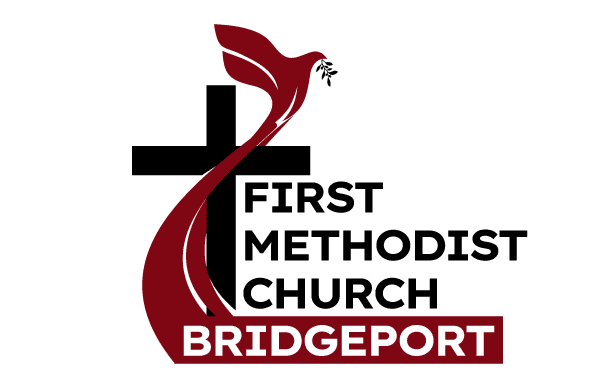Rick’s Writing: April 20, 2024

The recent eclipse, along with photos from powerful telescopes like Hubble and others, show the cosmos to be huge, beautiful, and largely unfit for human life. The universe is vast, complex, and diverse.
Our seemingly endless universe is currently estimated by Wikipedia to be between 200 billion and 2 trillion galaxies. Such numbers can make you feel kind of small. It begs the question: in the scope of the universe, how can we be worth much? You could say that is an unanswerable question and, for some folks, irrelevant.
If we base worth on the moment-by-moment of our own lives and nothing matters except what affects us personally, then the rest of creation is of little value; just something to look at if we get bored. The actions of others concern us only if they affect us personally. This can be a useful philosophy if we want to look out for only ourselves, forgoing responsibility to any community large or small, or moral values that may interfere with our desires.
I think it goes without saying that such a lack of care for anything outside of ourselves or what pleases us is contrary to Christianity. For the followers of the crucified and resurrected Jesus, love and value for people and God’s creation is a given. But in a world where wars, famines, greed, and disregard for human life run deep through history, it can make one question the value of human life, even our own mortal existence. Maybe that is why so many Americans don’t seem to know who or what they are.
For some, fantasy characters from art and literature have become their persona. Identifying with an animal and imitating its mannerisms gives them a sense of belonging or greater value. For others, any reference to gender is an insult. For myself, these represent the extreme in our search for understanding who we are as human beings. But there are other identities we can choose that are considered more mainstream. For example, I identify as an American, a husband, and a minister. I find value in these and other identities. Yet, others would find my self-identity to have little worth or even offensive.
So, back to the original question: how can we be of any great worth or value in a creation so vast, complex, and diverse? After all, we are mortal, dust to dust. But before you think this is the most depressing writing you’ve ever read, consider this.
I believe our true value is found in relationships. In particular, the relationship between humans and God brings a greater value to each of us than we often consider in our daily lives. When Jesus was asked about the greatest commandment, he drew from Deuteronomy and Leviticus, putting the love of God with all our heart, mind, and strength first and the love of others and ourselves to be like our love and commitment to God. We often hear this and shake our heads in agreement even as we put many other things above both commands. For the most part, I don’t think we purposely defy God, but there are times when we are aware of our defiance and continue to do what we deem necessary or convenient. How else do we explain our history of repeated wars, famines, greed, and disregard for human life? Yes, we can blame it on Evil and its’ unholy influences, but what about free will and our responsibility for our own actions?
The teachings of Christ and our own experiences with the Lord tell a different story. A story where the Holy Spirit of God works within us and empowers us to be the human beings we were created to be. It is a story that calls us to be a people who stand against evil and value human life. Jesus is serious about his commands to love God and one another. He also understands the difficulty of living dedicated to life over death, generosity over greed, and love over hate or apathy.
In the gospel of John, Jesus teaches about our call to continue his good work and the power we have to do so. He compares himself to a grapevine that has many branches which are expected to bear fruit. In this teaching, his followers are the branches that produce fruit for the vineyard. His Father is the caretaker of the vineyard. The Father cuts off branches that do not produce and prunes the ones that do, making them more productive. It is impossible for the branches to produce without being attached to the vine. Jesus continues by saying that as the branches must stay connected to the vine, we also must remain connected to him. “Abide in me as I abide in you,” remain in Christ as he remains in us. We are connected to God through the love and presence of Christ and the Holy Spirit he gives to us. Apart from him, we can produce no fruit, we can do nothing for which we were made to do (John 15:1-8).
When wondering about the worth of the human being when compared to the enormity of creation, consider that in the mystery and love of God, we are connected to the Creator. All people are designed for this connection. Whether we choose to accept this or not is up to each person. But we cannot get away from the fact that everyone is made with a sacred worth that only God can give. We do not have to question our value. We are made to be in a loving relationship with God and Jesus the Son teaches us to remain in him for he remains in us. This is our true identity. No matter what others may think or say, each of us is equally made to abide with our Lord. When humanity learns to accept and practice this truth, we will lay down our weapons, greed, and hunger will haunt us no more, and our only identity will be that of God’s child. Until then, let Christ remain in us and we in him so we may produce fruit for God’s vineyard. And don’t forget to look up and around at the marvelous work of God’s hand.
May the grace and peace of our Lord Jesus Christ be with you!
Pastor Rick

